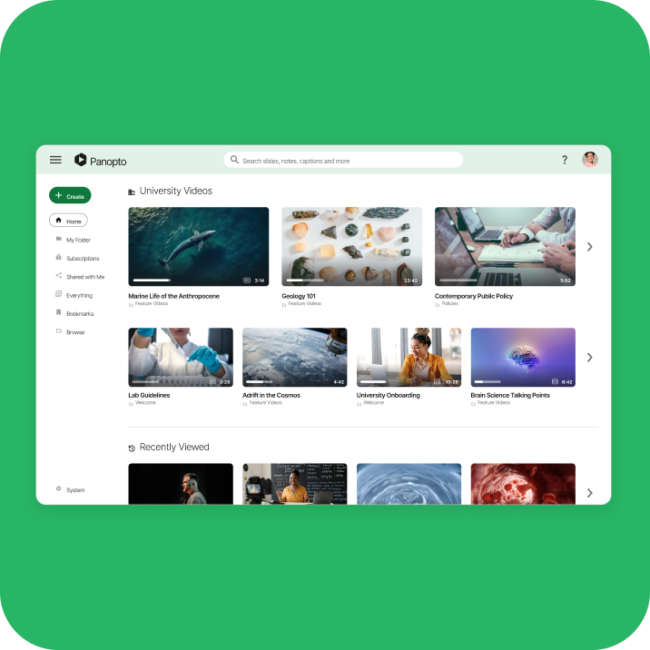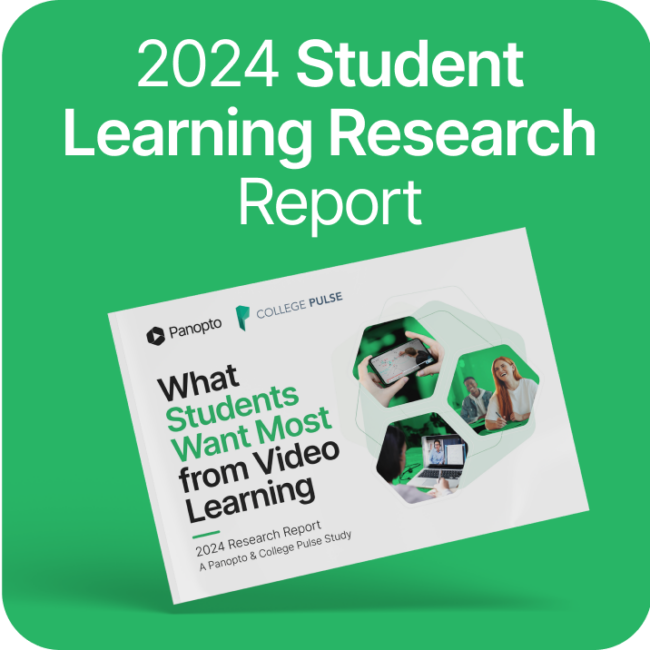- Uncategorized
Reflections on the Guardian HE Summit
I attended the Guardian’s Higher Education Summit last Wednesday to participate in the debate on what the future holds for UK HE. While there was naturally a lot of focus on policy issues affecting universities (the audience mainly consisted of Vice Chancellors and senior management), the impact of technology on teaching and learning also got quite a lot of airtime. The message that came across loud and clear was that online learning can no longer be seen as a side issue for universities; that they need to rethink the ways they deliver their courses. As speaker Steven Schwartz put it, digital can deliver faster, cheaper and better outcomes – and the successful universities of the future will understand this. It was particularly interesting to see that comments from the Universities Minister David Willetts on the need for universities to invest more in their online provision made headlines. Willetts’ focus was on the appetite for UK higher education from overseas and how online learning options will be crucial if we are to satisfy demand from students globally.
There was less of a focus on how technology can help enhance the student experience more generally – for students who are physically on campus, as well as those connecting remotely. I couldn’t help thinking this was a bit of a missed opportunity to comment on how domestic students, facing increased fees and so looking for more value from their university experience, are starting to expect better online support tools to complement their real-world classroom experiences. We see this time and time again at institutions that are using Panopto – students feel that when they can access their lectures on-demand and digest the content at their own pace, they can revise more effectively and this is reflected in better grades. This is exactly what came across in a video posted online by one of our client institutions in the US, with students explicitly linking their academic success to their ability to access and interact with video content at their own convenience.
So, if universities are being encouraged to think about how online delivery methods can expand their reach into new markets, it makes sense for them to look at how technology can enhance their offer to existing markets too. This will become increasingly significant as UK universities grapple with competition from rival institutions, both public and private, and also from new models – MOOCs being a case in point. Michael Stevenson from Cisco talked about the hugely disruptive nature of MOOCs, commenting that HE’s response to this innovation could signal a step change in the way universities do business, as they attempt to absorb the best of the MOOCs model into existing structures.
Ultimately enhancing the student experience has to be the guiding principle when considering how to integrate new systems – technological or otherwise – into the current modes of delivery. What we might end up seeing is a complete 360 degree turnaround between the current balance of physical and online delivery; the flipped classroom model becoming the classroom model for the future. As Andrew Bollington, Chief Operating Officer at the University of London’s International Programmes put it, if digital interaction becomes standard ‘what do we now do with the on-campus time?’. Rather than lament this shift, the sector should be excited about the possibilities to offer students a learning experience that will better equip them for the 21st century workplaces they will be entering when they graduate.




